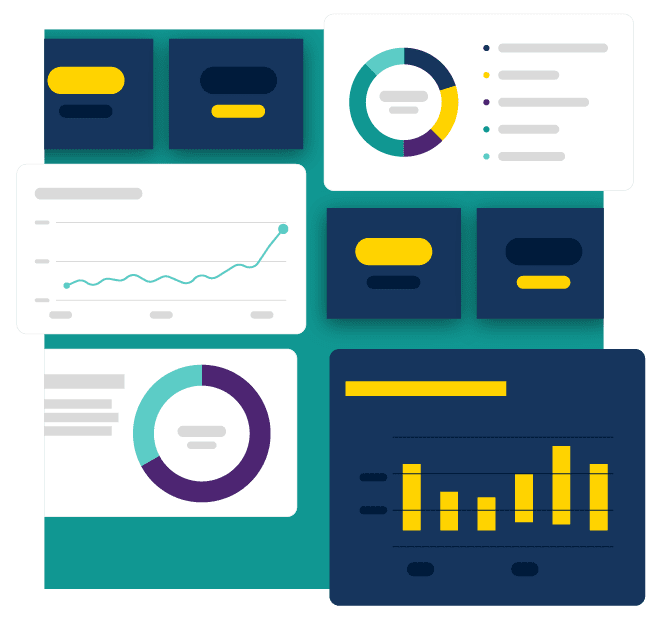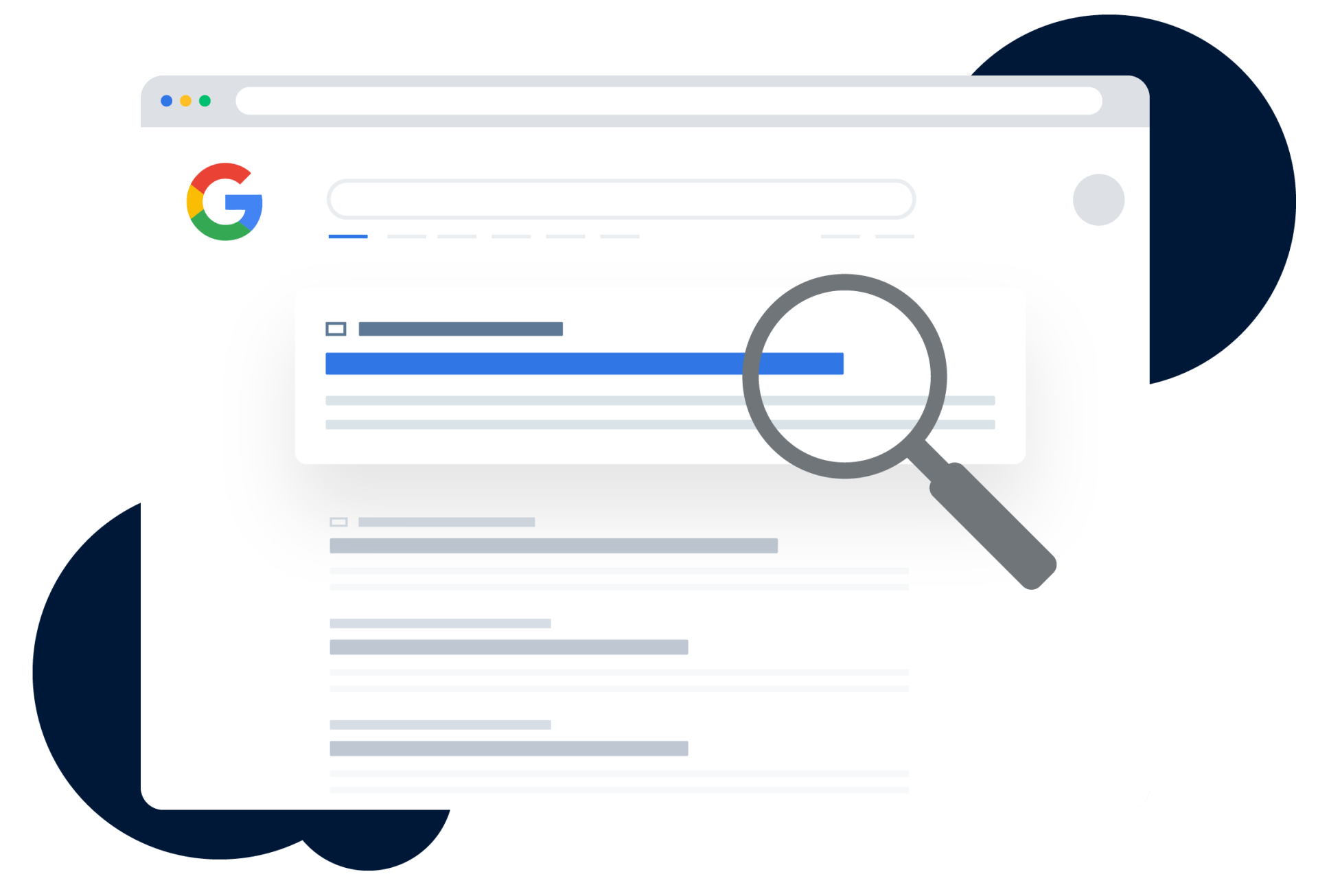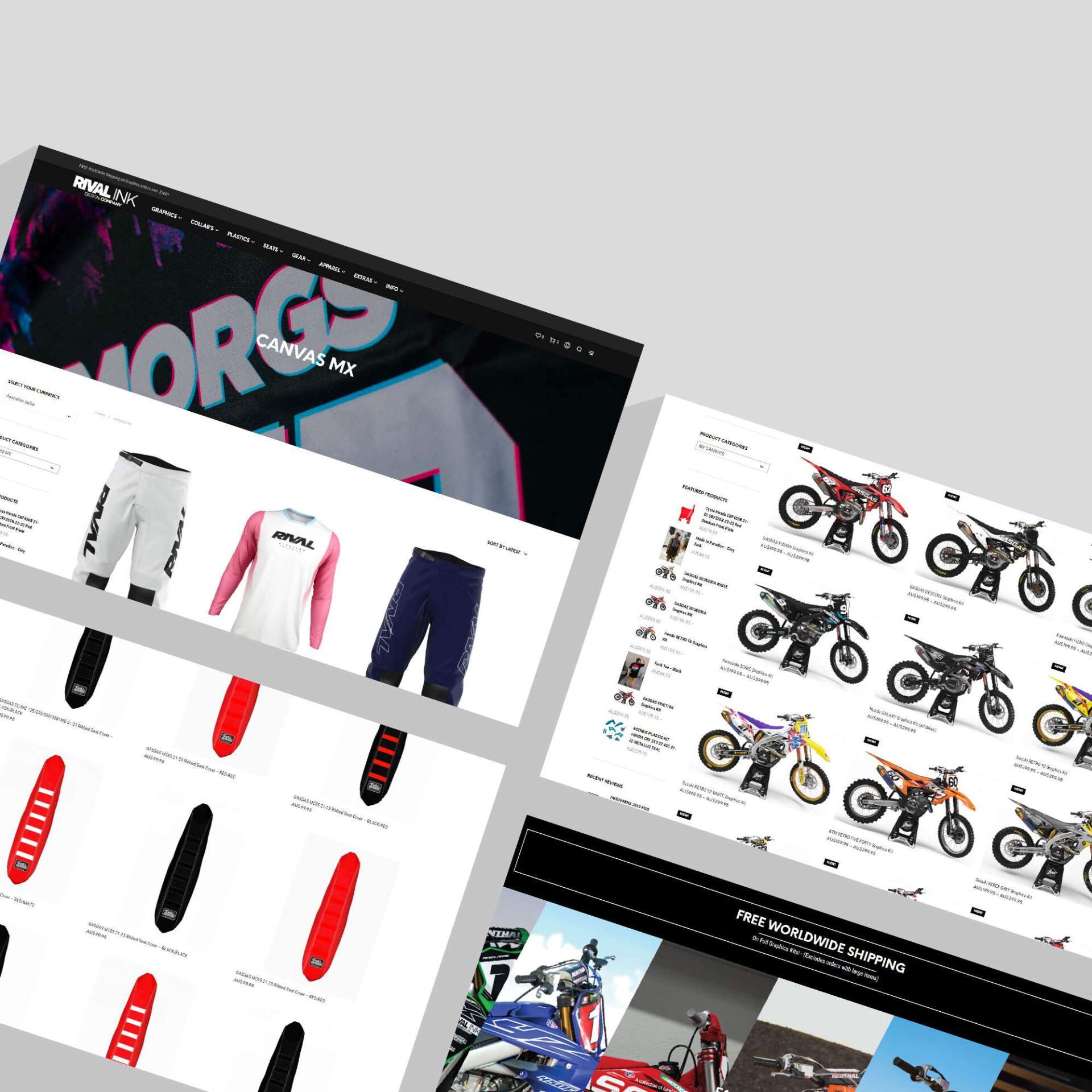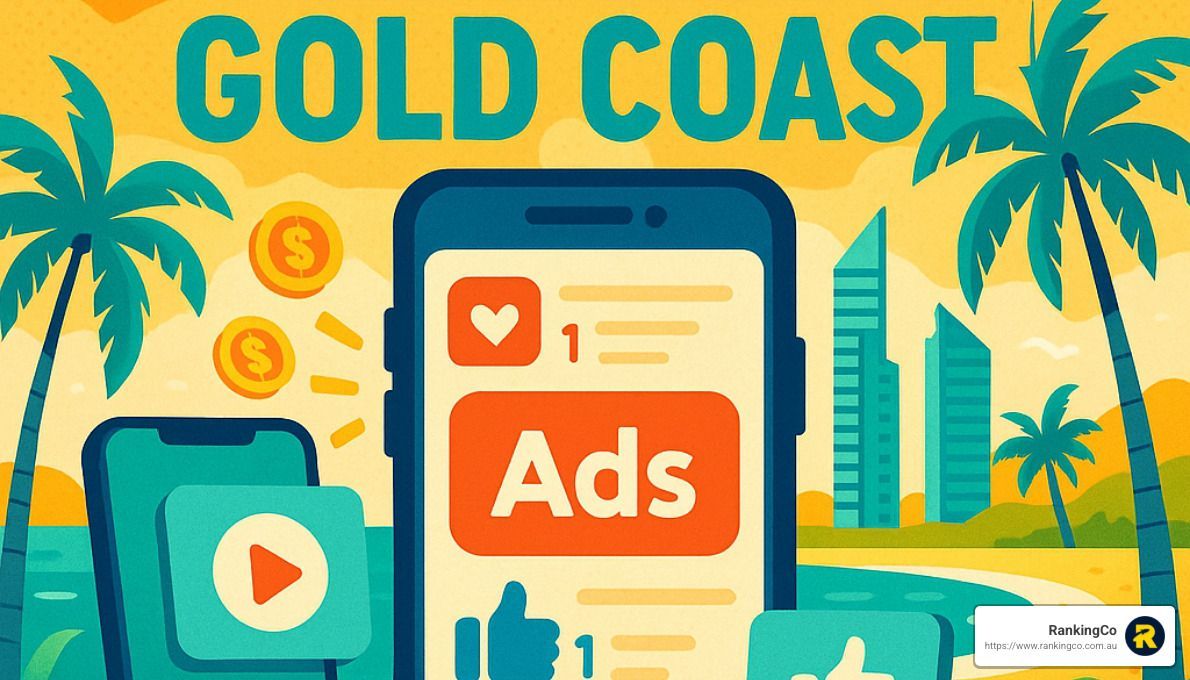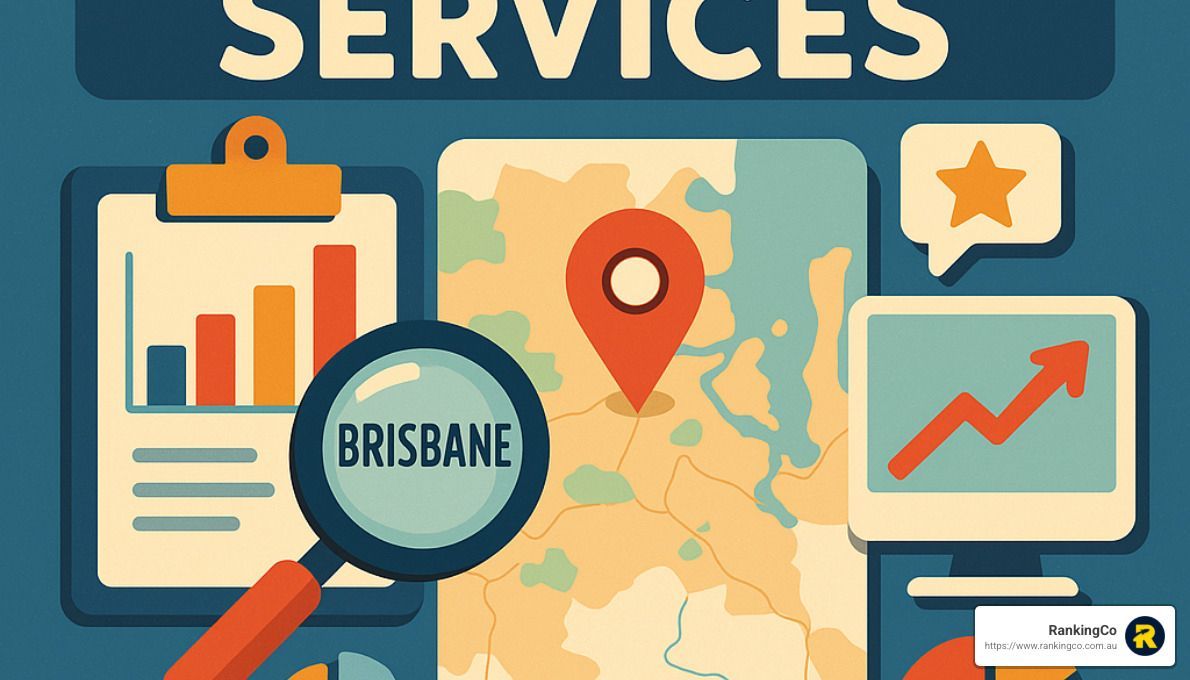Balancing Act: Mastering On-Page and Off-Page SEO
When it comes to mastering seo on page and off page, understanding their interplay is essential for a robust SEO strategy. Briefly put:
- On-Page SEO: Focuses on optimizing elements within your website, such as keywords, HTML tags, and page titles, to improve user experience and search engine comprehension.
- Off-Page SEO: Involves enhancing your site's reputation externally through backlinks and social media mentions to build trust and authority.
In today's digital landscape, search engine rankings are more crucial than ever. Effective SEO strategies help businesses rise to the top of search engine results, effortlessly driving potential customers your way. Balancing on-page and off-page efforts can turn your website into an authoritative voice, guiding your audience to the solutions they seek.
I'm Amber Porter, a digital marketing expert dedicated to helping businesses thrive online. My passion for seo on page and off page stems from my years of experience developing strategies that truly stand out. Let's dive deeper into each aspect to see how they can bring your digital marketing goals to fruition.
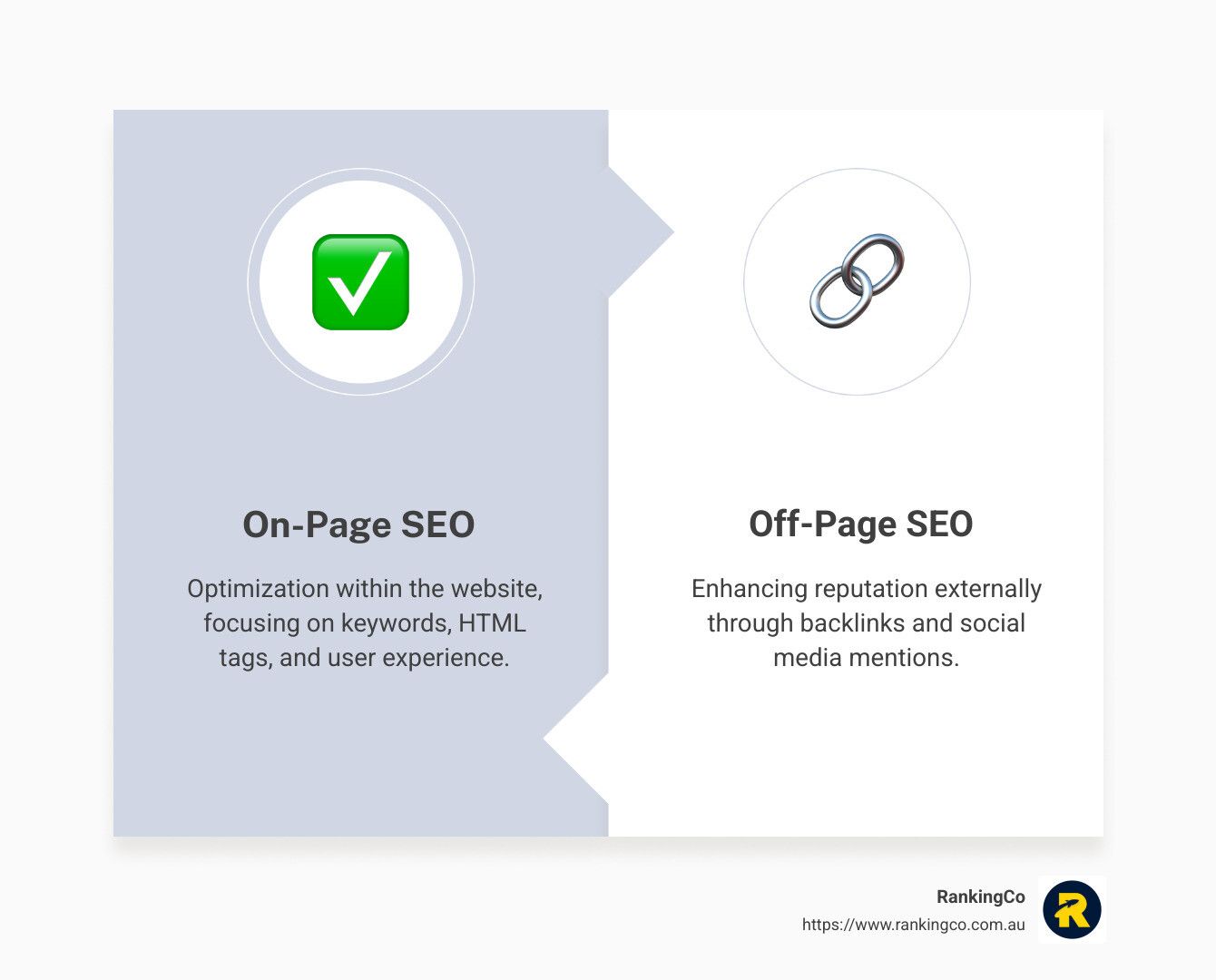
Understanding On-Page SEO
On-page SEO is the practice of optimizing individual web pages to rank higher and earn more relevant traffic in search engines. It involves a variety of elements that you can control directly on your website. Let's explore the core elements and how they improve user experience.
Core Elements of On-Page SEO
Keywords- Keywords are the foundation of on-page SEO. They are the terms that users type into search engines. It's essential to research and integrate relevant keywords naturally into your content. Tools like Semrush’s Keyword Magic Tool can help you find the right keywords.
Title Tags- Title tags are HTML elements that specify the title of a webpage. They are crucial for both SEO and user experience. A well-crafted title tag should include the primary keyword and be compelling enough to encourage clicks. For example, the title of this article might be <title>Balancing Act: Mastering On-Page and Off-Page SEO</title>.
Meta Descriptions- Meta descriptions are short summaries that appear under your page title in search results. Although not a direct ranking factor, they influence click-through rates. Keep them concise and include your target keywords to entice users to visit your site.
Enhancing User Experience
Page Speed- Page speed is a critical factor for user satisfaction and SEO. Faster-loading pages are more likely to rank higher in search results. Optimize images, use browser caching, and minimize JavaScript to improve load times.
Mobile Friendliness- With a significant portion of web traffic coming from mobile devices, ensuring your site is mobile-friendly is essential. Responsive design, easy navigation, and fast loading times contribute to a positive mobile experience.
Internal Linking- Internal links are hyperlinks that connect different pages within your website. They help search engines understand the structure of your site and guide users to related content. Use descriptive anchor text to improve both SEO and user experience.
By focusing on these on-page factors, you not only improve your site's visibility in search engine results but also create a seamless and enjoyable experience for your users. This balance is crucial for achieving your digital marketing goals and ensuring long-term success.
Exploring Off-Page SEO
Off-page SEO refers to actions taken outside of your own website to impact your rankings within search engine results. This mainly involves building backlinks, leveraging social media, and increasing your brand's exposure across the web. Let's explore how these off-page factors can boost your site's authority and visibility.
Building Authority with Backlinks
Backlinks are like votes of confidence from other websites. They signal to search engines that your content is valuable and trustworthy. However, not all backlinks are created equal.
Link Quality vs. Link QuantityWhile having a high number of backlinks can be beneficial, the quality of those links is even more important. Links from authoritative and relevant sites carry more weight than numerous links from low-quality or unrelated sites. Think of it as getting a recommendation from an industry leader versus a random stranger.
Link Building StrategiesTo build a strong backlink profile, focus on creating high-quality, shareable content that naturally attracts links. Guest blogging, collaborating on content, and engaging with influencers in your niche are effective strategies. Patience is key—building quality backlinks takes time and effort.
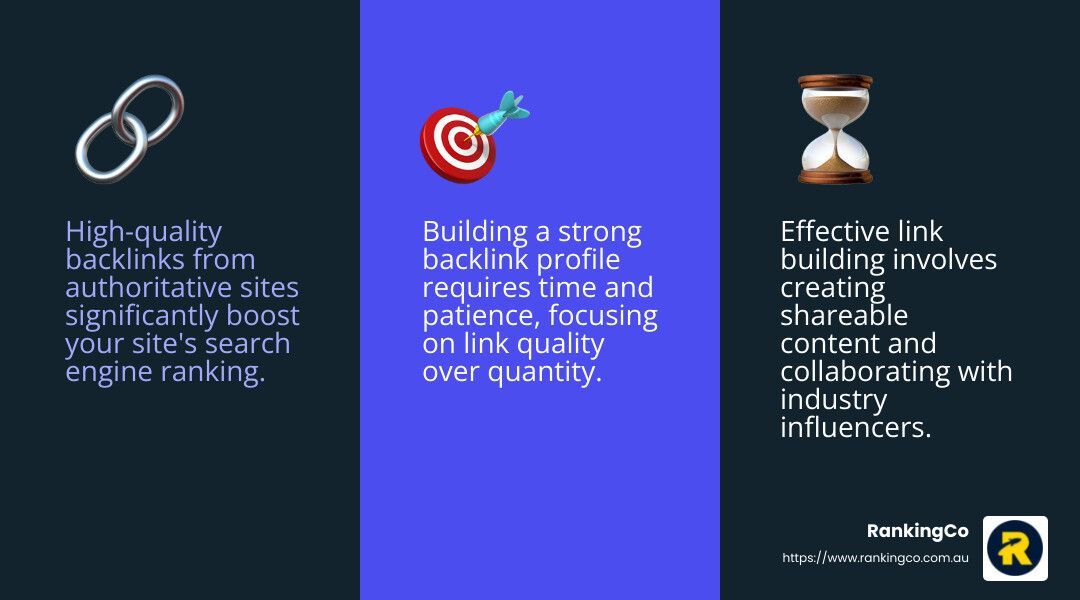
Leveraging Social Media and Mentions
Social media isn’t just for connecting with friends—it’s a powerful tool for enhancing your SEO efforts. While social signals like shares and likes don't directly impact your search rankings, they can amplify your content's reach and drive traffic to your site.
Social SignalsEngage with your audience on platforms like Facebook, Twitter, and Instagram. Share your content, join conversations, and encourage interactions. The more your content is shared, the more likely it is to be noticed by search engines.
Unlinked Mentions and Brand ExposureUnlinked mentions occur when your brand is mentioned without a hyperlink. These can still boost your SEO by increasing brand awareness and establishing authority. Reach out to sites that mention your brand and request a link to your website. This not only provides a direct SEO benefit but also strengthens your online presence.
By focusing on building a robust backlink profile and leveraging social media, you can improve your site's domain authority and improve its visibility in search results. These off-page strategies complement your on-page efforts, creating a comprehensive approach to SEO success.
SEO On Page and Off Page: A Comparative Analysis
Understanding the balance between on-page and off-page SEO is essential for mastering search engine rankings. Both play critical roles but in different ways.
On-Page SEO is all about what you can control on your website. It involves optimizing content, improving site structure, and ensuring technical SEO aspects like page speed and mobile friendliness are up to par. These factors are directly in your hands and can significantly influence your site's relevance and ranking.
The Role of On-Page SEO in Search Rankings
Content Relevance
Content is king in on-page SEO. Search engines prioritize content that is relevant, high-quality, and engaging. Using the right keywords naturally within your content helps search engines understand what your page is about and match it with user queries.
Site Structure
A well-structured site is easier for search engines to crawl and index. This means having a clear hierarchy of pages, using descriptive URLs, and ensuring proper internal linking. A good structure not only helps search engines but also improves user experience, keeping visitors on your site longer.
Technical SEO
Technical aspects like page load speed, mobile-friendliness, and secure connections (HTTPS) are crucial. Search engines favor sites that load quickly and are easy to steer on any device. Tools like Google's PageSpeed Insights can help identify areas for improvement.
The Impact of Off-Page SEO on Domain Authority
While on-page SEO is about control, off-page SEO is more about influence. It involves activities outside your website that affect your rankings, primarily through backlinks and social media presence.
Backlink Strategies Backlinks are a major factor in determining your site's authority. Quality over quantity is the mantra here. Acquiring links from reputable sites in your niche can significantly boost your domain authority. Engaging in guest blogging, forming partnerships, and creating shareable content are effective strategies.
Social Media Influence
Social media can amplify your content's reach. While shares and likes don't directly affect rankings, they increase your content's visibility, potentially attracting more backlinks and traffic. Engaging with your audience on platforms like Facebook and Twitter can improve your brand's reputation and influence.
Trust Signals
Trust signals like reviews, mentions, and endorsements contribute to your site's credibility. Encouraging satisfied customers to leave positive reviews and addressing negative feedback can strengthen your online presence. These signals help search engines perceive your site as trustworthy.
By understanding the distinct roles of on-page and off-page SEO, you can create a balanced strategy that leverages both control and influence to improve your site's search engine performance. This dual approach ensures that your site not only ranks well but also maintains a strong online presence.
Frequently Asked Questions about SEO On Page and Off Page
What is the difference between onsite and offsite SEO?
Onsite SEO, also known as on-page SEO, is all about what happens on your website. It focuses on optimizing elements like content, keywords, and site structure to improve search engine rankings. Think of it as the internal workings of your site that you have full control over.
In contrast, offsite SEO, or off-page SEO, deals with actions outside your website that impact its authority and credibility. This includes building quality backlinks, engaging in social media, and earning mentions across the web. It's about how your site is perceived and endorsed by others.
Is local SEO on-page or off-page?
Local SEO is a blend of both on-page and off-page strategies. On-page elements include optimizing your website content with local keywords and ensuring your site is mobile-friendly. Off-page tactics involve managing your online presence in local directories, gathering positive reviews, and maintaining an active Google Business Profile.
For businesses in Brisbane, QLD, for example, ensuring your local SEO is robust can help attract nearby customers and improve your visibility in local search results.
What percentage of SEO is on-page and off-page?
There's no exact percentage that applies universally, as the balance between on-page and off-page SEO depends on your specific goals and industry. However, many SEO experts suggest starting with a strong foundation in on-page SEO, as it's within your control and can have a significant impact.
Once your on-page SEO is in good shape, you can focus more on off-page efforts to build authority and credibility. Both are essential for a holistic SEO strategy, and their effectiveness often complements each other, creating a balanced approach to improving search engine rankings.
Conclusion
Balancing SEO strategies is like walking a tightrope. You need both on-page and off-page SEO to succeed. They work together to boost your search engine rankings and drive traffic to your website.
On-page SEO is your foundation. It includes optimizing content, keywords, and the technical aspects of your site. This is where you have full control. By focusing on these elements, you ensure that search engines understand your content and rank it accordingly.
Off-page SEO, on the other hand, is about building your site's reputation and authority. This involves earning quality backlinks, engaging on social media, and getting mentions from other sites. It's about how the world perceives your website.
For a truly effective SEO strategy, you need a holistic approach. Start by nailing down your on-page elements. Then, gradually build your off-page presence. Both are crucial, and neither should be neglected.
At RankingCo, we understand the importance of a balanced SEO strategy. Our expertise in local SEO, combined with advanced AI technologies, allows us to craft custom campaigns that deliver results. We help businesses in Brisbane and beyond to improve their online presence and achieve their digital marketing goals.
If you're ready to take your SEO to the next level, find our SEO services and see how we can help you master the art of SEO on page and off page.
